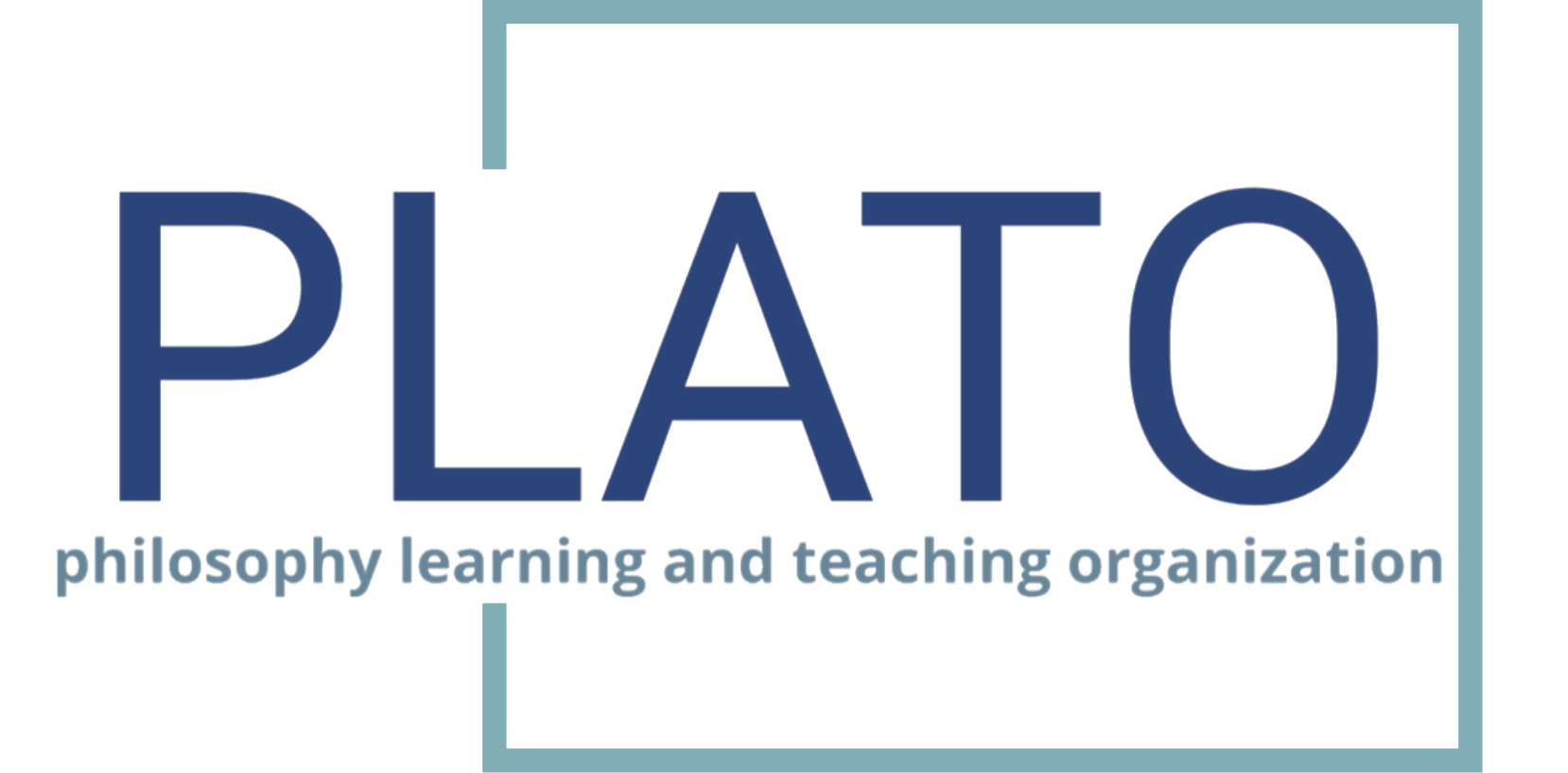Philosophy in Elementary Schools
How Does It Work?
Young children’s experience is already replete with philosophical questioning and meaning. They have strong, even visceral, intuitions of what is beautiful and ugly, fair and unfair, right and wrong. They enjoy playing with language and are intrigued by logical puzzles. Young children are full of questions – and, significantly, many of their questions have philosophical content.
A number of innovative preschool and kindergarten programs have demonstrated that even very young children are able to take turns giving each other reasons. For example, they preschool children can explain why they think different insects are ugly, scary or beautiful – and they will alter their judgments as a result of the conversation.
![]() As children approach adolescence, they often begin to focus on more existential questions such as: What does it all mean? Is life ever fair? What is the purpose of my life?
As children approach adolescence, they often begin to focus on more existential questions such as: What does it all mean? Is life ever fair? What is the purpose of my life?
Philosophy in elementary schools is not about imposing an unfamiliar, ancient, and highly intellectual discipline on children, in the hope it might be good for them. It is about giving children the opportunity to explore ethical, aesthetic, political, logical and other philosophical aspects of their experiences.
These experiences are already intensely meaningful for them, but are not often given attention in schools (or elsewhere). Giving children an avenue to examine these ideas and concepts allows them to think for themselves and to learn to express clearly and confidently the way they see the world.
Asking philosophical questions encourages curiosity and imagination!
Practical Considerations
The content of philosophy discussions in elementary school is not the traditional philosophical arguments taught in college philosophy courses, or the traditional philosophical sub-disciplines of ethics, aesthetics, metaphysics, political philosophy and logic, or even the important figures in the history of philosophy – though some of this may become meaningful for children once they have some experience with philosophy.
![]() The objectives and structure of any elementary school philosophy program should reflect the children’s ages and socio-cultural context.
The objectives and structure of any elementary school philosophy program should reflect the children’s ages and socio-cultural context.
Some students need several months of practice in order to understand the difference between a question, an answer and a reason, or to be comfortable taking turns talking in a group.
![]() Philosophical engagement with young children needs to be more playful and multi-sensory than philosophy with older children.
Philosophical engagement with young children needs to be more playful and multi-sensory than philosophy with older children.
Draw students’ attention to philosophical concepts like fairness, person, mind, beauty, cause, time, number, truth, citizen, good and right – concepts that are already implicated in children’s experience. Understanding the philosophical dimension of these concepts helps children to make their experiences more meaningful, in both senses of that word: more understandable and richer, more worthwhile.






Connect With Us!